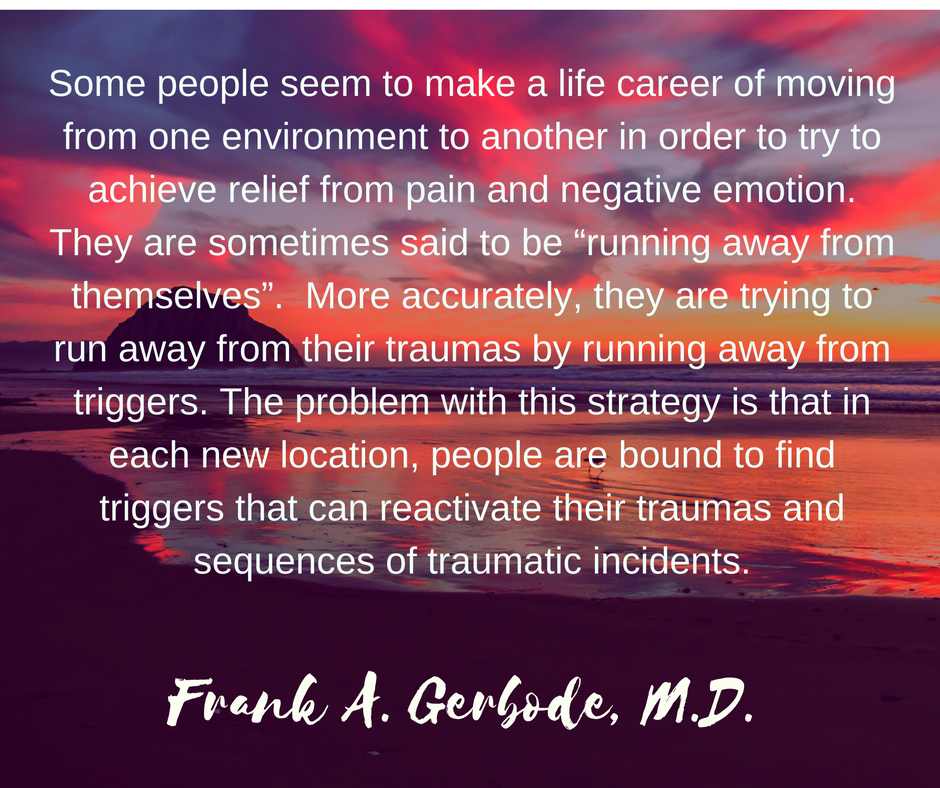 The Value of a “Trauma-Informed” Viewpoint
The Value of a “Trauma-Informed” Viewpoint
A relatively recent concept, “trauma-informed” work, gives us the opportunity to understand much of human behavior, that otherwise seems mysterious. For example:
- Why do people consume harmful substances?
- Why do people say and do hurtful things to each other?
- Why do people do self-destructive things?
Is it possible that most or all of harmful, destructive behavior stems from earlier traumatic experiences? Evidence strongly suggests that this may be so… A large, ground-breaking study call the Adverse Childhood Experiences Study (and many studies that built further upon that original work by Drs Felitti and Anda), demonstrated the connection between early traumatic events and later physical, mental, emotional and behavioral difficulties, in a clear and dramatic way.
If we see someone’s (or our own!), “bad” condition or behavior in the light of its arising from unresolved pain from the past, suddenly things are much clearer. What we think of as stupidity – again, in ourselves or other people – may also result from past traumas. (The, “Why did I do that!?” phenomenon.)
An injured animal will stand, if it possibly can, to send the message: “I am all right. I could run if I wanted to.” By doing this, it avoids sending the message: “I am too injured to run; you had might as well come and eat me.” Human beings enact the same survival strategy. We say, “I’m fine!” even when things may be far from fine. We get so good at emotionally pulling ourselves together that we carry on, year after year, despite the burden of unresolved past hurts that we drag along behind us.
We can think that the past has little or no effect on us. We can be happy, or at least OK, and feel that past pain doesn’t exist for us. Past traumas can lie in wait until the day when something happens to trigger them. Once something triggered, whether we are aware of it or not, something from the past can have as much impact on us as our present environment. We may even have forgotten something bad that happened in the past, yet have it cast a shadow over our life.
How good can life get? One way to explore this question involves doing the work to resolve past traumatic incidents: injures, accidents, loses, medical procedures, in short, any severe and shocking event. In the process, life gets brighter and more rewarding.
- Find a Practitioner today!
- Did you enjoy this article? Subscribe now to the bi-monthly eNotes
- See all of the previous eNotes Articles